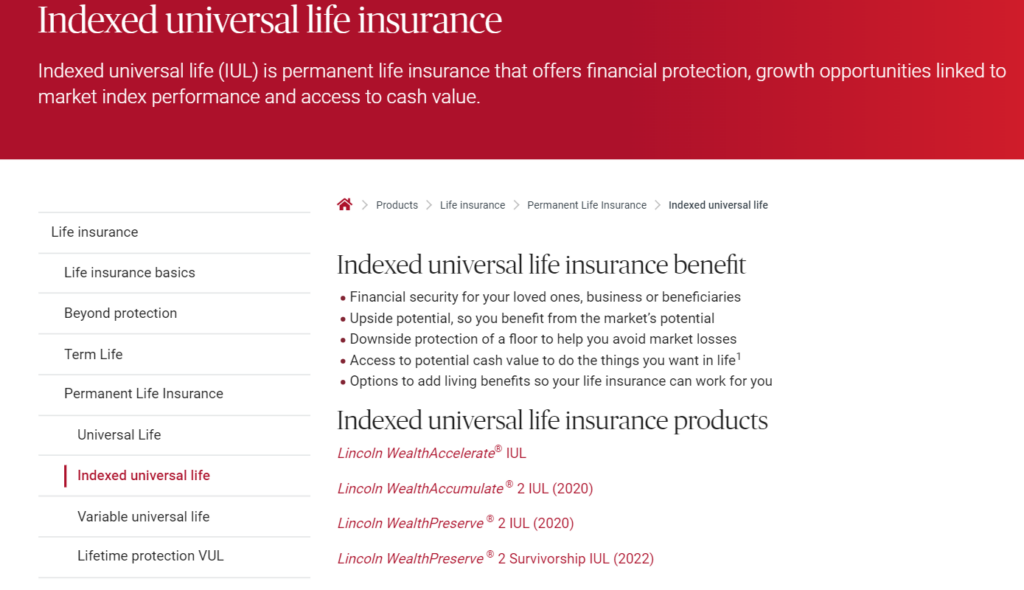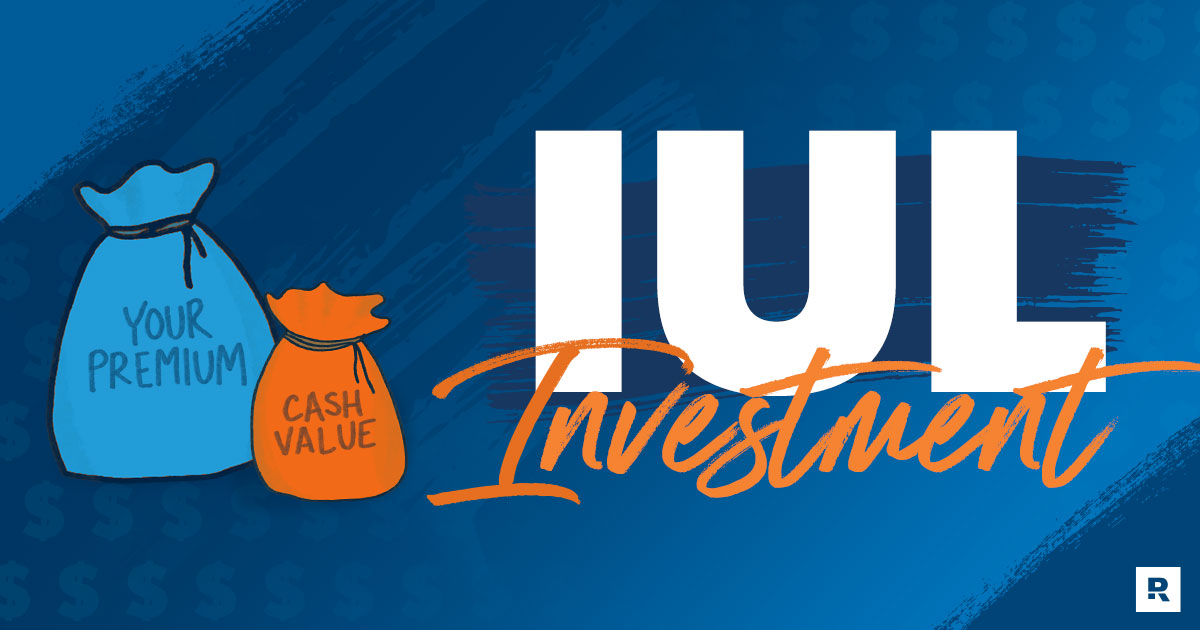All Categories
Featured
Table of Contents
Do they contrast the IUL to something like the Vanguard Total Stock Market Fund Admiral Shares with no tons, an expenditure proportion (EMERGENCY ROOM) of 5 basis points, a turnover proportion of 4.3%, and an extraordinary tax-efficient record of circulations? No, they contrast it to some horrible actively taken care of fund with an 8% load, a 2% ER, an 80% turn over ratio, and a dreadful document of short-term funding gain distributions.
Common funds typically make yearly taxed distributions to fund owners, also when the worth of their fund has decreased in worth. Shared funds not only require earnings coverage (and the resulting yearly tax) when the mutual fund is rising in value, yet can likewise impose income tax obligations in a year when the fund has dropped in value.
That's not just how mutual funds function. You can tax-manage the fund, harvesting losses and gains in order to lessen taxed distributions to the capitalists, yet that isn't somehow going to alter the reported return of the fund. Just Bernie Madoff types can do that. IULs prevent myriad tax catches. The ownership of shared funds might call for the shared fund owner to pay projected tax obligations.

IULs are simple to place to make sure that, at the owner's fatality, the recipient is exempt to either earnings or inheritance tax. The same tax obligation decrease strategies do not function virtually also with mutual funds. There are numerous, frequently pricey, tax obligation catches connected with the moment trading of mutual fund shares, catches that do not use to indexed life insurance policy.
Possibilities aren't extremely high that you're going to go through the AMT because of your common fund circulations if you aren't without them. The remainder of this one is half-truths at ideal. As an example, while it is real that there is no income tax as a result of your heirs when they acquire the profits of your IUL policy, it is also true that there is no earnings tax as a result of your beneficiaries when they acquire a common fund in a taxed account from you.
Equity Indexed Life Policy
The government inheritance tax exemption limitation mores than $10 Million for a couple, and growing annually with rising cost of living. It's a non-issue for the vast majority of medical professionals, much less the rest of America. There are far better ways to prevent inheritance tax concerns than getting investments with low returns. Mutual funds might create income tax of Social Protection benefits.

The development within the IUL is tax-deferred and may be taken as tax cost-free earnings using car loans. The policy owner (vs. the shared fund manager) is in control of his or her reportable income, hence allowing them to lower and even get rid of the tax of their Social Security benefits. This is excellent.
Here's an additional very little concern. It's real if you get a common fund for say $10 per share prior to the circulation day, and it disperses a $0.50 distribution, you are after that mosting likely to owe taxes (most likely 7-10 cents per share) regardless of the truth that you have not yet had any gains.
In the end, it's truly concerning the after-tax return, not exactly how much you pay in tax obligations. You're also most likely going to have even more cash after paying those tax obligations. The record-keeping needs for having common funds are considerably a lot more intricate.
With an IUL, one's records are maintained by the insurance provider, copies of annual statements are sent by mail to the proprietor, and circulations (if any kind of) are amounted to and reported at year end. This is also sort of silly. Naturally you ought to maintain your tax obligation documents in case of an audit.
Books On Indexed Universal Life
Hardly a factor to purchase life insurance policy. Mutual funds are frequently component of a decedent's probated estate.
In addition, they are subject to the hold-ups and expenses of probate. The proceeds of the IUL plan, on the various other hand, is always a non-probate distribution that passes outside of probate directly to one's called beneficiaries, and is therefore not subject to one's posthumous financial institutions, unwanted public disclosure, or comparable hold-ups and expenses.
We covered this set under # 7, yet simply to evaluate, if you have a taxed mutual fund account, you should place it in a revocable trust (or also much easier, make use of the Transfer on Death classification) to avoid probate. Medicaid disqualification and life time earnings. An IUL can supply their proprietors with a stream of revenue for their entire life time, no matter of how much time they live.

This is beneficial when arranging one's affairs, and transforming assets to earnings before a nursing home arrest. Shared funds can not be converted in a similar manner, and are practically constantly thought about countable Medicaid assets. This is one more dumb one supporting that poor people (you know, the ones who need Medicaid, a government program for the bad, to spend for their retirement home) must use IUL rather of shared funds.
Can You Cash Out A Universal Life Insurance Policy
And life insurance coverage looks dreadful when compared fairly against a pension. Second, individuals who have cash to buy IUL over and beyond their pension are going to have to be terrible at managing cash in order to ever get Medicaid to pay for their assisted living home prices.
Chronic and incurable health problem rider. All policies will enable a proprietor's easy accessibility to cash money from their policy, often forgoing any type of surrender fines when such individuals endure a serious illness, require at-home care, or come to be restricted to an assisted living home. Shared funds do not supply a comparable waiver when contingent deferred sales fees still use to a shared fund account whose owner requires to offer some shares to money the expenses of such a stay.
Universal Insurance Logo
You obtain to pay even more for that advantage (rider) with an insurance policy. Indexed universal life insurance offers death advantages to the beneficiaries of the IUL proprietors, and neither the proprietor nor the beneficiary can ever before lose money due to a down market.
Now, ask yourself, do you actually need or desire a survivor benefit? I absolutely don't need one after I get to economic independence. Do I desire one? I mean if it were economical sufficient. Certainly, it isn't affordable. Typically, a purchaser of life insurance policy spends for truth expense of the life insurance coverage advantage, plus the expenses of the policy, plus the earnings of the insurance provider.
What's The Difference Between Whole Life And Universal Life Insurance
I'm not entirely sure why Mr. Morais threw in the entire "you can not lose cash" once again here as it was covered rather well in # 1. He just intended to duplicate the ideal selling factor for these things I expect. Again, you don't shed small dollars, but you can lose real bucks, in addition to face major opportunity price as a result of reduced returns.

An indexed universal life insurance policy proprietor may trade their policy for an entirely different plan without causing income taxes. A mutual fund owner can stagnate funds from one mutual fund company to another without selling his shares at the former (therefore activating a taxable event), and repurchasing new shares at the latter, often based on sales costs at both.
While it is true that you can trade one insurance coverage plan for an additional, the reason that people do this is that the initial one is such a horrible policy that also after purchasing a brand-new one and undergoing the early, adverse return years, you'll still come out ahead. If they were sold the right policy the initial time, they should not have any type of need to ever before exchange it and go with the very early, negative return years once again.
Latest Posts
Best Indexed Universal Life Insurance Policies
Group Universal Life Insurance
Variable Universal Life Insurance Quotes